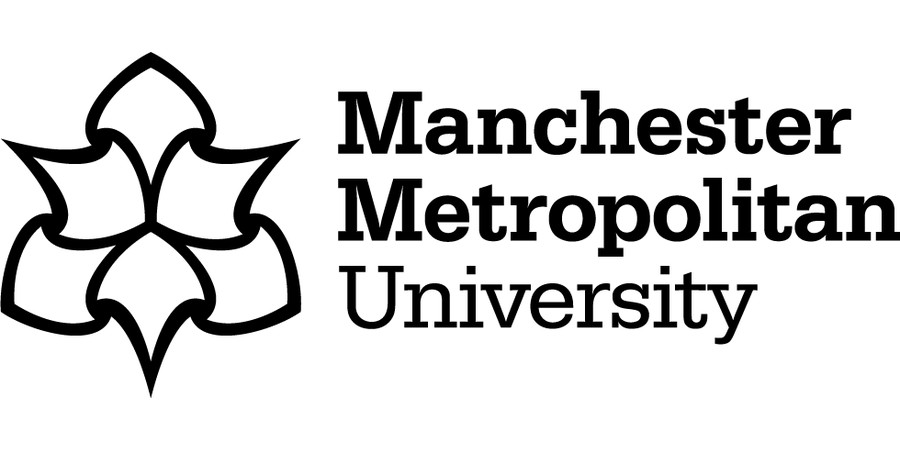PhD Studentship: Engineered Self-Assembled Medical Scaffolds: Properties, Modification, and Application Testing
Manchester Metropolitan University
| Qualification Type: | PhD |
|---|---|
| Location: | Manchester |
| Funding for: | UK Students, EU Students, International Students |
| Funding amount: | £20,780 stipend plus £5,006 home tuition fees. Please refer to advert for further details. |
| Hours: | Full Time |
| Placed On: | 27th November 2025 |
|---|---|
| Closes: | 9th March 2026 |
| Reference: | SciEng-MW-2025-26-Self-Assembled Titanate Scaffold |
Antimicrobial resistance is a current threat to the recovery of patients. It is projected that 1.91 million/yr deaths will occur in 2050 if no action is taken. To combat this threat, new materials are needed to kill bacteria.
Titanate materials are recognised for their promising properties in orthopaedic applications. Our work has revealed a novel ability of titanate-coated metallic microspheres to self-assemble into 3D scaffolds.
This PhD project will explore the biomedical properties of these self-assembled structures, focusing on two key innovations: chemical modification for antibacterial functionality and the development of degradable scaffolds. The research will investigate ion-exchange mechanisms to incorporate antibacterial agents, explore surface modifications to achieve multi-modal antibacterial activity, and pioneer degradable scaffolds using coated microspheres.
Hosted within a cross-disciplinary team, the project spans materials science, microbiology, and surface engineering, contributing to global health initiatives on antibiotic resistance.
Project aims and objectives
Aim: To develop and optimise the next-generation of self-assembled biomedical scaffolds, that can kill bacteria without the need for antibiotics, and are degradable to negate secondary surgery.
Objectives:
Objective 1: Literature review of biomedical scaffolds, their limitations, with emphasis on the advantages of self-assembled structures and clinical applications, as well as antibacterial and degradable examples.
Objective 2: Optimise the scaffold self-assembly mechanism to enable consistent scaffold formation
Objective 3: Develop and optimise chemically-modified antibacterial scaffolds through sequential alkali titanate conversion.
Objective 4: Develop and optimise degradable scaffolds through magnetron sputtering of magnesium/phosphate-based glass microspheres with a Ti coating, followed by alkali titanate conversion.
Funding
Both Home and International students can apply. Only home tuition fees will be covered for the duration of the 3.5-year award, which is £5,006 for the year 2025/26. Eligible international students will need to make up the difference in tuition fee funding (Band 3 for the year 2025/26).
The student will receive a standard stipend payment for the duration of the award. These payments are set at a level determined by the UKRI, currently £20,780 for the academic year 2025/26.
Specific requirements of the candidate
Essential:
- Undergraduate degree in mechanical engineering, bioengineering, biomedical science, chemistry, or similar.
- Must be willing to learn new skills.
- Ability to undertake experiments accurately and safely and make verbal or written reports.
Desirable:
- Postgraduate (MEng, MSc, MSci, MRes, etc.) degree in mechanical engineering, bioengineering, biomedical science, chemistry, or similar.
- Experience in a microbiology lab OR wet-chemistry lab OR similar.
- Prior research project experience.
- Understanding of cell/bacteria/material interactions, biomaterials, or surface engineering.
How to apply
Interested applicants should contact Dr Wadge for an informal discussion.
To apply you will need to complete the online application form for a full time PhD in Engineering.
Please complete the Doctoral Project Applicant Form, and include your CV and covering letter to demonstrate how your skills and experience map to the aims and objectives of the project, the area of research and why you see this area as being of importance and interest.
Please upload these documents in the supporting documents section of the University’s Admissions Portal.
Applications closing date: 9 March 2026
Expected start date October 2026.
Advert information
Type / Role:
Subject Area(s):
Location(s):









